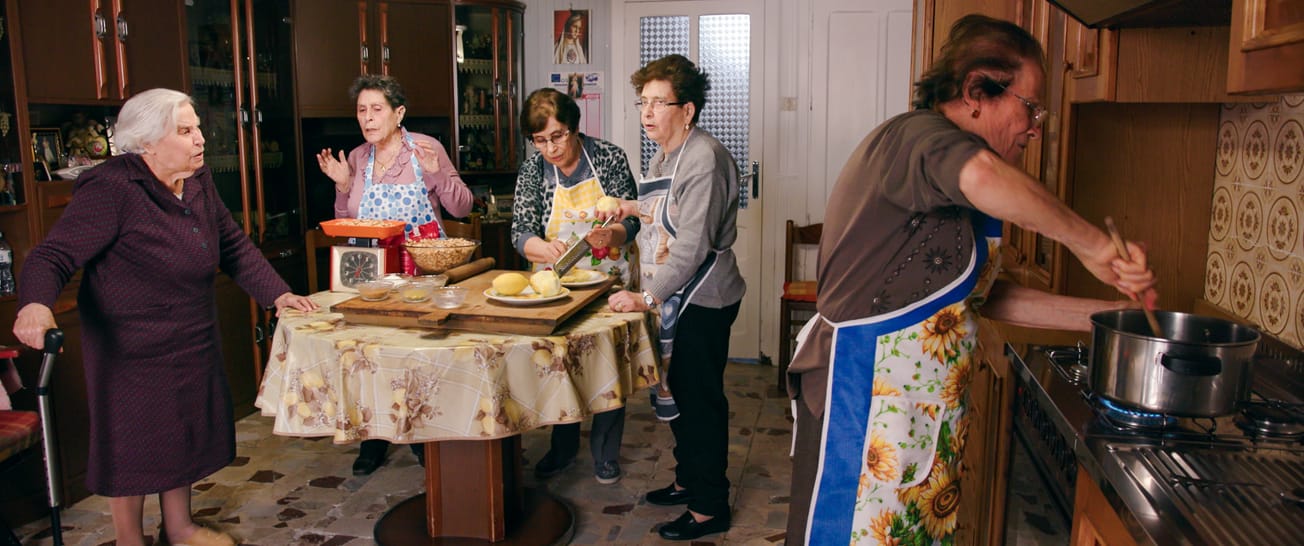Keywords: The New York Times, President Trump, media coverage, Liz Garbus, Jenny Carchman, political documentary, journalism.
Three words: Insightful, Provocative, Revealing
Introduction
"The Fourth Estate" is a compelling 2018 documentary directed by Liz Garbus and co-directed by Jenny Carchman. It offers a unique glimpse into the inner workings of The New York Times during one of the most tumultuous periods in American political history - President Trump's controversial first year in office.
Synopsis
The documentary provides an unprecedented behind-the-scenes look at The New York Times' coverage of President Trump's first year. From the newsroom to the White House, viewers are offered a unique perspective on the relationship between media and politics, and the challenges journalists face in today's polarized society.
More Film Analysis
Analysis
"The Fourth Estate" is a masterful exploration of journalism in action. Its in-depth approach allows viewers to witness the decision-making, investigative processes, and ethical dilemmas of reporting during a politically charged era. It showcases the importance of free press in a democratic society.
Historical and Factual Context
The documentary takes place during the first year of Trump's presidency, a time marked by political unrest, controversial policies, and a strained relationship between the administration and the media. It provides a historical context to the ongoing debates about media bias and journalistic integrity.
Key themes in the film
- The role of media in democracy
- Press freedom and its challenges
- The relationship between the government and the press
- The ethics of journalism
Film Comparisons
"The Fourth Estate" can be compared to other films about journalism like "Spotlight" and "All the President's Men." However, unlike these films, it offers a real-time, intimate look at the journalistic process during a critical moment in American politics.
Noteworthy Moments
One of the most significant moments in the documentary is when the New York Times reporters are grappling with how to cover sensitive issues related to the Trump administration. These scenes underscore the ethical dilemmas journalists often face.
Reviews
This documentary was generally well received by audiences and critics alike. Rotten Tomatoes critics consensus praises the film stating, "The Fourth Estate is an urgent exploration of truth, accountability, and the free press."
Conclusion
"The Fourth Estate" is an essential watch for anyone interested in journalism, politics, or the relationship between media and government. It provides a thought-provoking look at the challenges and responsibilities of the press in a democratic society.
More film information:
FILM SUMMARY
-
IMDB score: 7.6
-
Rotten Tomatoes score: 89%
-
Metacritic score: 73
-
Film festival awards: Nominated for 1 Primetime Emmy, 9 nominations total
PERSONALITIES
-
Liz Garbus: Director
-
Jenny Carchman: Co-director
-
The New York Times: Featured Institution
LOCATIONS
- New York Times Newsroom
- White House
Key Questions Raised by the Film:
- How does the media impact politics?
- What are the ethical considerations involved in journalism?
- What role does the free press play in a democratic society?
Links for Further Exploration:
I wonder what the film would be in another art form



- If this film was a famous book, it would be "All the President's Men" because of its deep dive into investigative journalism.
- If this film was a famous song, it would be "A Hard Day's Night" by The Beatles, reflecting the relentless pace of a newsroom.
- If this film was a famous piece of art, it would be Picasso's "Guernica" due to its depiction of chaotic times.
- If this film was a famous celebrity, it would be Bob Woodward, known for his investigative journalism during the Watergate scandal.
- If this film was a color, it would be grey, symbolizing the complex shades of truth in journalism.
- If this film was a music style, it would be Jazz, reflecting the improvisational and dynamic nature of reporting.








